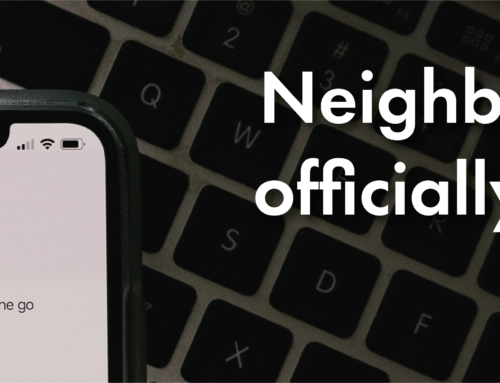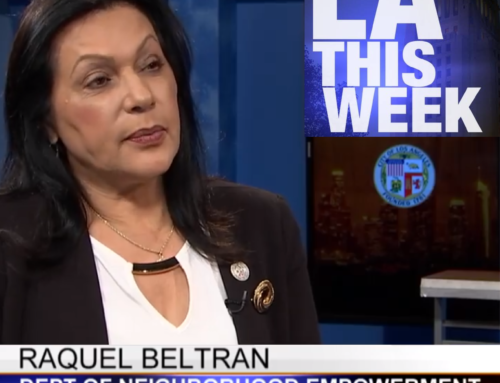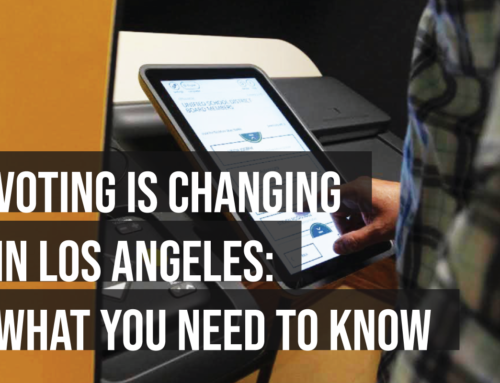By Tony Wilkinson
November 8 will bring Los Angeles voters tax measures they probably won’t like. If they vote NO on the taxes, city voters should make themselves feel better by voting YES on the DWP Reform measure. The proposal is a positive step forward in better managing the utility. Without change, conflicting mandates and hog-tied management could see the city’s Department of Water and Power falling into crisis after crisis.
The City Council’s Rules, Elections, Intergovernmental Relations and Neighborhoods Committee (REIRN Committee, or simply ‘Rules’) adopted a set of 40 recommendations on June 2. The City Council sent a slightly modified version of the recommendations for a charter amendment to the City Attorney on June 7, with a 15-0 vote.
The proposed charter changes are PART of the DWP Reform package that is incorporated in Council File 16-0093. Many additional reforms will be implemented by ordinances. Discussion of those changes continues. Neighborhood Council input on the DWP Reform package will continue to have a real effect.
On June 15, the City Attorney returned the proposed City Charter ballot measure language to the council. The report was scheduled at the Rules Committee at 8:00 am today, Friday, June 17. The council will vote on the ballot measure next week. The ballot measure has been given a new Council File number, CF 16-1800. The list of Neighborhood Council Community Impact Statements has been duplicated from CF 16-0093. (Thank you City Clerk!)
The ballot measure is a mixed bag that shows how lawmaking is like making sausage. It includes lots of different input. Some people will dislike some of the ingredients. Overall it should be satisfying to most of us.
Much of the benefit from a YES vote in November on the City Charter proposal is that it will begin a process of real change at DWP. There will be a roadmap for success. The Charter vote alone will not bring a fix. What people do with it will make the difference.
How important is a new seven-person Board that is harder to remove? Current DWP Commissioner Jill Banks Barad (Sherman Oaks Neighborhood Council President) said it best months ago: “If the people in city government are not willing to give up some power, it doesn’t make a difference what you do with the Board.” This writer is convinced that the current Mayor and City Council ARE willing to give up some power so that DWP can more effectively manage itself. Still, there will always be temptations to use the powers they retain to force DWP to meet their own politically-driven objectives.
(1) The City Council will retain its power under Charter section 245 to veto actions of the DWP board. Although the power is unlikely to be used often, its existence means that DWP’s board will need to assure itself of council support for its most important decisions.
(2) Today the City Council has no formal policy role over DWP. That role is held exclusively by the Mayor. With approval of the charter change, the council will gain a policy role through its approval of newly required four-year strategic plans for DWP investments and rates. The council will determine the content of these plans by ordinance. A strategic planning process is a good reform for the Department. Nevertheless it is easy to see how an assertive City Council could use this process to take back whatever control and responsibility they are supposedly giving to the newly formed Board of Water and Power Commissioners.
(3) The Mayor has awesome power under “Executive Directives” to simply direct the policy of every city department, including DWP. Directives to achieve environmental goals, for example, have significant effects on water and power rates. People elect their Mayor to do things, and Executive Directives are essential tools. The key here is to begin having a broader public dialog about the effects of Executive Directives.
All of these powers that are retained by elected officials put a focus on the new DWP board. The reforms will not work unless these new commissioners are willing to speak out publicly about the effects of politically-inspired policies on water and power rates and on reliability. Policy issues cannot disappear into the black hole of a newly empowered board. The DWP board and General Manager need to begin speaking publicly about the tensions between social goals and system costs.
On Tuesday, June 13, the Department of Water and Power held a public outreach meeting in Arleta. The topic was eight separate water projects that are planned for the Northeast San Fernando Valley where this writer lives. One insightful question from a local resident was “How much are all of these environmental improvements going to cost families here in this low-income community?”
This week also brought news of troubles with the California’s “cap and trade” program. The program sells permits that allow power companies and others to emit greenhouse gases over a certain level. (The revenue generated is to be used on projects that reduce greenhouse gas emissions elsewhere.) At the last auction, where $150 million was expected, there were almost no buyers. One of the causes of the unsuccessful permit auction was uncertainty over the future of the program. The state legislature has not acted to extend it beyond 2020. Increasing numbers of legislators are concerned about the costs of the environmental program to their low-income constituents. A fight is brewing in Sacramento over this issue. The future of the state’s aggressive climate initiatives could be affected.
The Los Angeles Department of Water and Power is directly involved in this environmental discussion. Significant rate increases can be expected every year in order to pay for the billions of dollars that LADWP will be spending to meet environmental mandates plus city policies that DWP exceed those mandates. If DWP Reform does only one good thing, it will be to empower the board and unfetter the General Manager. The board and the GM need to be willing to hold this dialogue in public so that everyone can understand the issues and the choices.
The fight to keep a truly empowered DWP board will begin immediately after the City Council votes on the City Charter ballot measure. The term of office for commissioners was already reduced from five years to four (they originally tried to reduce it to three) in order to increase turnover on the Board. Now the City Council will determine the appointment cycle for the staggered terms of these seven board seats. If they try to compress it into a single four-year election cycle (yearly appointments of 1-2-2-2), the board will “churn” so fast that every new Mayor will be able to replace it entirely. The appointment cycle needs to put commissioners a step beyond election cycle politics.
Please send your questions and comments on DWP Reform to dwpmou@EmpowerLA.org. DWP Reform information will be posted regularly at https://empowerla.org/dwpmou. There is additional information at http://dwpreform.lacity.org.
Tony Wilkinson is the Chair of the Neighborhood Council – DWP MOU Oversight Committee. He will be contributing information on the DWP Reform process to the EmpowerLA newsletter each week.






